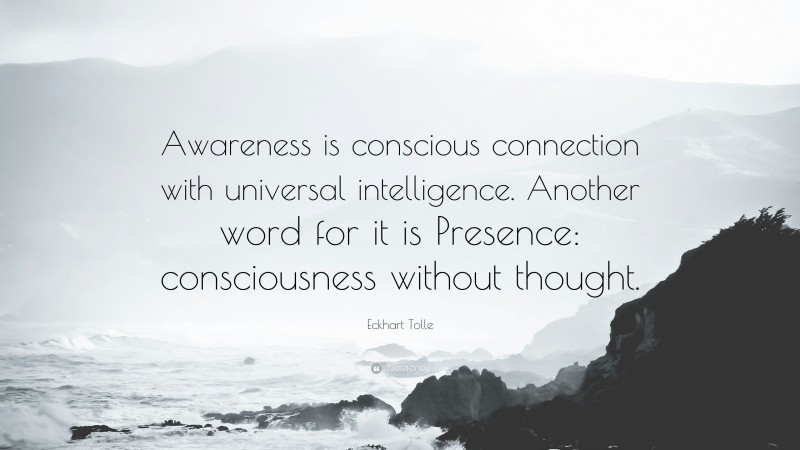

#Another word for connection professional
Having a broad range of social ties-from acquaintances to close friends to significant others-may be good for our health and professional success.Marriage is more likely to boost our life satisfaction when couples have similar levels of education. But marriage does seem to buffer against the declines in happiness that occur over time among singles, and among seniors with health problems. Getting married boosts our happiness in the short term, though it eventually returns to its pre-marriage level.Also, women with breast cancer are more likely to survive if they have more friends. There’s some evidence that having more supportive friendships and more cohesive family and community relationships could reduce the risk of fatal heart attacks. Social connections could help us live longer.Boys who are more socially integrated in childhood and adolescence tend to have lower blood pressure and body mass index in adulthood.

In another study, being socially connected was a more powerful predictor of adolescents’ future happiness than academic achievement. According to a survey that followed nearly 300 men over the course of more than 70 years, intimate relationships-a loving childhood, empathy, and warm relationships as a young adult-are the best predictors of economic success, physical health, and flourishing in life. Social connections in youth are key to later well-being.Research also suggests that spending money on experiences is more fun when we share them with others. Social interactions feel good: People report that the everyday activities involving the most positive emotions are sex and socializing.These benefits are particularly acute for seniors: Seniors with more social capital or social activity have better physical mobility, less disability, a reduced risk of dementia, and greater happiness. Strong social ties keep our memory sharp and may even protect us from getting colds. Social connections are good for our health.Although strong social connections alone can’t guarantee happiness, it may be impossible to be very happy without them. People who are very happy tend to be highly social and have strong relationships. Social connections are vital to happiness.Here are some of the research-backed benefits of social connection: “Resonant relationships are like emotional vitamins, sustaining us through tough times and nourishing us daily,” writes Daniel Goleman in Social Intelligence: The New Science of Human Relationships. If we cultivate healthy connections, the research promises a longer, happier, and more prosperous life. Social connections are sometimes called “social capital” for good reason: They are a valuable resource in life, creating moments of positivity and fun, supporting us through good times and bad, and exposing us to new ideas and new people.

“These social adaptations are central to making us the most successful species on earth.”ĭecades of research suggest that the quality of our social ties might be the single biggest predictor of our well-being. “To the extent that we can characterize evolution as designing our modern brains, this is what our brains were wired for: reaching out to and interacting with others,” writes neuroscientist Matthew Lieberman in his book Social: Why Our Brains Are Wired to Connect. Scientists believe we are essentially wired to connect with other people because natural selection favored humans with a stronger propensity to care for their offspring and organize into groups. What’s more, the pleasures of social life register in our brains much the same way physical pleasure does, and our knack for social connection is reflected in some of the most basic ways humans communicate-by subtle uses of our voice, facial expressions, and sense of touch. When we’re cared for as children, we’re more likely to have healthy, secure attachments as we get older. It begins at birth, in our relationship with our caregiver-and the effects of this relationship seem to reverberate throughout our lives. Indeed, humans are a profoundly social species our drive to connect with others is embedded in our biology and evolutionary history. Scientific evidence strongly suggests that this is a core psychological need, essential to feeling satisfied with your life. When researchers refer to the concept of social connection, they mean the feeling that you belong to a group and generally feel close to other people.


 0 kommentar(er)
0 kommentar(er)
